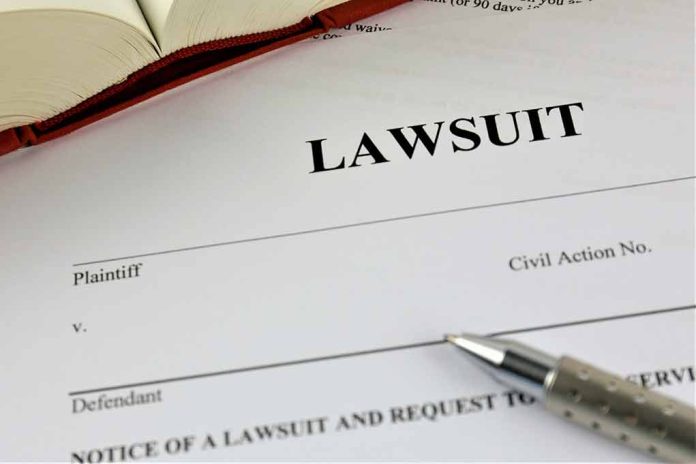
Attorney General Ken Paxton’s lawsuit against Dallas challenges the voter-approved move to decriminalize possession of small amounts of marijuana, stirring state-wide legal and social debates.
At a Glance
- Ken Paxton filed a lawsuit to stop Dallas’ marijuana decriminalization proposal.
- Proposition R bans arrests for marijuana possession, conflicting with state law.
- Texas law mandates that state drug laws are enforced by all municipalities.
- The Dallas City Council certified the election results and supports the new law.
Texas AG Takes Legal Action Against Dallas
Attorney General Ken Paxton filed a lawsuit against the City of Dallas following the passage of Proposition R, a charter amendment that decriminalizes certain marijuana-related offenses. This legal move arises from the conflict between the voter-approved measure and Texas state law, which mandates that municipalities enforce drug laws consistently across the state.
The lawsuit targets the prohibition on Dallas police officers from arresting or citing individuals for possession of up to 4 ounces of marijuana and using its odor as probable cause. Paxton asserts that this amendment directly contradicts the Texas Local Government Code and Constitution, which prohibit municipalities from policies that sidestep state law.
🚨DALLAS: I am suing the City of Dallas. Cities cannot pick and choose which State laws they follow. The City of Dallas has no authority to override Texas drug laws or prohibit the police from enforcing them. This is a backdoor attempt to violate the Texas Constitution, and any… https://t.co/DM2xA2Impm
— Attorney General Ken Paxton (@KenPaxtonTX) November 21, 2024
State Law vs. Local Measures
Paxton states that under Texas law, local governments cannot adopt measures that selectively enforce state laws. Proposition R, which passed with over 65% voter support, aims to adjust how marijuana possession is treated within Dallas. The measure underscores a city council initiative to manage resources effectively, focusing on what it deems to be higher-priority criminal issues.
The ballot measure was introduced by Ground Game Texas, a progressive advocacy group, emphasizing the intent to cut down on arrests related to petty marijuana possession and redirect city resources towards more pressing public safety concerns. Despite the local approval, the state maintains that such policies are a breach of state law.
Future Legal Battles Expected
Paxton’s lawsuit against Dallas reflects a broader pattern of legal actions against cities attempting similar decriminalization efforts. Previously, Paxton litigated against other municipalities seeking to limit marijuana crime enforcement, highlighting his commitment to uphold statewide legal consistency.
“The City of Dallas has no authority to override Texas drug laws or prohibit the police from enforcing them. This is a backdoor attempt to violate the Texas Constitution, and any city that tries to constrain police in this fashion will be met swiftly with a lawsuit by my office,” Paxton said.
Supporters of Proposition R argue it reflects the will of the voters and addresses concerns about biased policing and resource allocation. The legal discourse surrounding this lawsuit indicates ongoing tensions between state authority and local governance, creating a challenging landscape for future policy developments in Texas.
Sources
- Texas Attorney General Ken Paxton sues Dallas after voters elect to decriminalize pot
- Attorney General Ken Paxton Sues the City of Dallas for Ballot Measure Prohibiting Police from Enforcing Marijuana-Related Offenses
- Texas AG Sues Dallas Over Ballot Measure Banning Police From Enforcing Marijuana Laws














